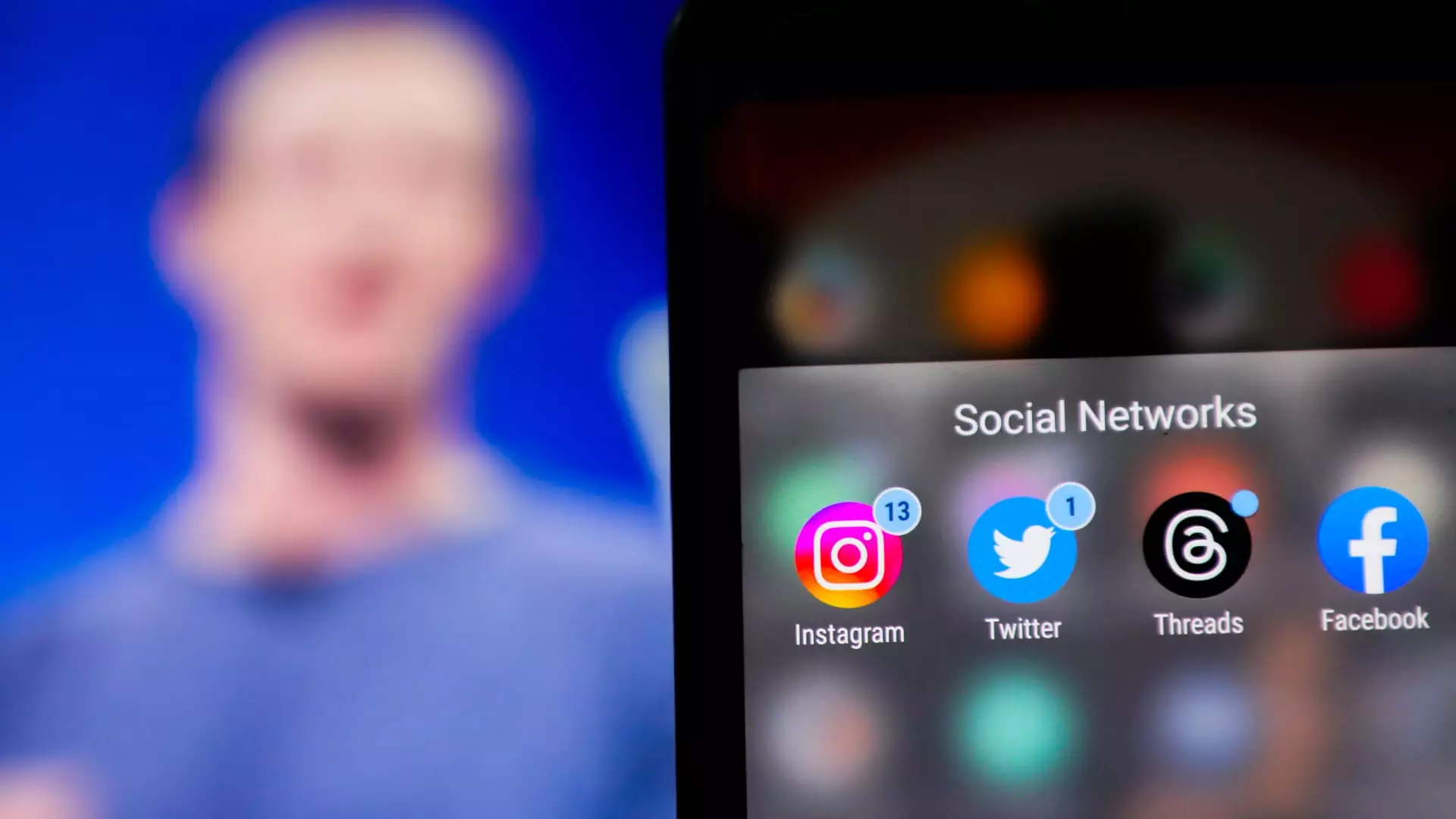In a shocking twist of corporate introspection, recent court revelations from Mark Zuckerberg’s testimony have shed light on the ethical labyrinth navigating the tech behemoth known as Meta. An email unearthed from May 2018 reveals Zuckerberg grappling with the implications of antitrust scrutiny that could potentially rip apart the very foundations of his empire. The contemplation of spinning out Instagram—acquired just six years prior for a staggering $1 billion—suggests a brazen acknowledgment of the mounting pressure on big tech companies. This internal conflict raises unsettling questions about the motivations that steer monumental business decisions.
Antitrust as a Corporate Forcefield
The potential spin-off of Instagram and WhatsApp is less an act of altruism and more a manifestation of corporate survival instincts. Zuckerberg’s musings reflect a calculated response to the increasing outcry for regulatory reforms aimed at curbing the monopolistic tendencies of major tech entities. It is indicative of a culture where compliance and self-preservation often trump innovation and genuine competitive spirit. Rather than fostering a robust ecosystem of diverse digital platforms, Zuckerberg’s hesitation underscores a strategy defined by fear rather than the potential for ethical growth.
Corporate Monopoly or Innovation? The FTC’s Challenge
Undoubtedly, the Federal Trade Commission’s allegations that Meta monopolizes the social networking landscape merit serious attention. The dichotomy between innovation and monopoly is increasingly blurred as technologies evolve. Meta has taken a defensive stance, arguing that the competitive landscape is more varied than the FTC suggests, citing competitors like TikTok and Apple’s iMessage. However, one can’t help but feel that these rebuttals reek of desperation, failing to recognize that their acquisitions stifled potential rivals during a crucial developmental phase.
Reflecting on the Era of Tech Expansion
Zuckerberg’s candid admissions also reveal his acknowledgment of Meta’s substantial growth derived from its acquisitions. The astounding transformation of Instagram from a humble platform to a powerhouse encompassing nearly a billion active users speaks volumes. However, it’s this rapid ascent that breeds skepticism. What are the ethical implications of absorbing competitors—an action that arguably quashes healthy competition? These are the questions that the public deserves transparency on. The tragedy lies not just in the potential disintegration of Meta but in the misplaced priorities compelling that trajectory.
The Chilling Effect of Antitrust Debate
As the specter of potential spin-offs looms over Zuckerberg, it serves as a stark reminder of the precarious balance between corporate ambition and regulatory scrutiny. The repercussions of the current antitrust litigation may resound far beyond Meta, affecting the broader tech landscape. We are in an era where the stakes have never been higher, and where the lines between ethical innovation and aggressive market domination are being redrawn. The tech industry must confront not only the legality of its operations but also the moral obligations it holds toward fostering a competitive environment that serves all facets of society, not just the bottom line.


Leave a Reply